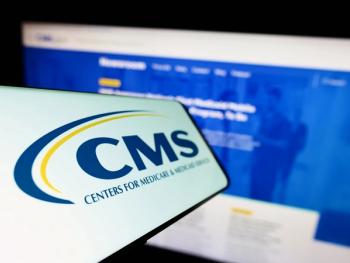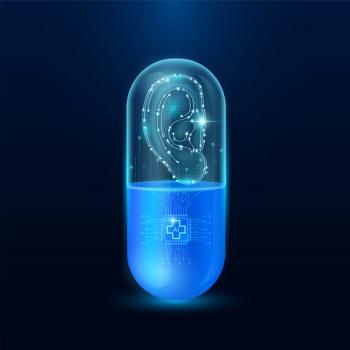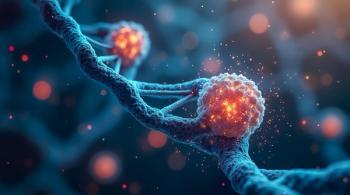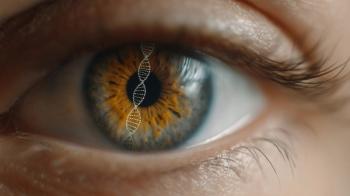
Gene Therapy for Rare Immune Disorder Gets FDA Review Date
RP-L201 (marnetegragene autotemcel) is a one-time gene therapy that delivers a functional copy of the ITGB2 gene, which provides instructions for immune response to infections. The Prescription Drug User Fee Act (PDUFA) target action date is March 31, 2024.
The FDA has accepted the biologics license application (BLA) and
Severe Leukocyte Adhesion Deficiency-I (LAD-I) is a rare genetic
LAD-I is caused by mutations in the ITGB2 gene, which provides instructions for making the protein beta-2 integrin component CD18. CD18 is a key protein that contributes to immune response to infections. Currently the only potential curative treatment is an allogeneic hematopoietic stem cell transplant,
Developed by Rocket Pharmaceuticals, RP-L201 is a one-time gene therapy that contains autologous (patient-derived) hematopoietic stem cells that have been genetically modified with a lentiviral vector to deliver a functional copy of the ITGB2 gene. Rocket holds FDA regenerative medicine advanced therapy (RMAT), rare pediatric, and Fast track designations.
The submission is based on data from the global phase 1/2 study, which demonstrated 100% overall survival at 12 months post-infusion of RP-L201 for all nine patients with 12 to 24 months of available follow-up. Data also showed large decreases compared with pre-treatment history in the incidences of significant infections, as well as resolution of LAD-I-related skin lesions and restoration of wound repair capabilities. RP-L201 was very well tolerated in all patients with no treatment-related serious adverse events.
These data were
“As the principal investigator in the United States, I oversaw treatment of six of the nine LAD-I patients in this trial. In my opinion, the results are remarkable. All of these children have been in good health with no significant LAD-I-related infections or inflammatory skin lesions since treatment. Based on what I see, they are all experiencing a normal childhood life, which is the goal of this type of potentially curative gene therapy,” Donald B. Kohn, M.D., said in a press release. He is distinguished professor of Microbiology, Immunology & Molecular Genetics, Pediatrics, and Molecular & Medical Pharmacology at University of California, Los Angeles (UCLA) and director of the UCLA Human Gene and Cell Therapy Program.
Newsletter
Get the latest industry news, event updates, and more from Managed healthcare Executive.























